Best movies like Sing a Song, Poet
A unique, carefully handpicked, selection of the best movies like Sing a Song, Poet Starring Sergey Nikonenko, Natalia Uzhviy, Andrei Kostrichkin, Natalya Belokhvostikova, and more. If you liked Sing a Song, Poet then you may also like: The Village Teacher, Reds, Bury My Heart at Wounded Knee, The Color of Pomegranates, The Commissar and many more popular movies featured on this list. You can further filter the list even more or get a random selection from the list of similar movies, to make your selection even easier.
About the life and work of the poet Sergei Yesenin, his connection with his native country, its people and nature. Childhood, love, painful searches for his place in the new, revolutionary Russia — everything found a place in Yesenin's lyrics. Frames illustrating Yesenin's poetry and poems are side by side in the film with episodes of the poet's biography: the film reflects the days of his stay in America, World War I, revolution and village round dances, a daring uncle, a wise mother...
You may filter the list of movies on this page for a more refined, personalized selection of movies.
Still not sure what to watch click the recommend buttun below to get a movie recommendation selected from all the movies on this list
Reds
An account of the revolutionary years of the legendary American journalist John Reed, who shared his adventurous professional life with his radical commitment to the socialist revolution in Russia, his dream of spreading its principles among the members of the American working class, and his troubled romantic relationship with the writer Louise Bryant.
Bury My Heart at Wounded Knee
Beginning just after the bloody Sioux victory over General Custer at Little Big Horn, the story is told through two unique perspectives: Charles Eastman, a young, white-educated Sioux doctor held up as living proof of the alleged success of assimilation, and Sitting Bull the proud Lakota chief whose tribe won the American Indians’ last major victory at Little Big Horn.
The Color of Pomegranates
The life of the revered 18th-century Armenian poet and musician Sayat-Nova. Portraying events in the life of the artist from childhood up to his death, the movie addresses in particular his relationships with women, including his muse. The production tells Sayat-Nova's dramatic story by using both his poems and largely still camerawork, creating a work hailed as revolutionary by Mikhail Vartanov.
The Commissar
Klavdia Vavilova, a Red Army cavalry commissar, is waylaid by an unexpected pregnancy. She stays with a Jewish family to give birth and is softened somewhat by the experience of family life.
Doctor Zhivago
The life of a Russian physician and poet who, although married to another, falls in love with a political activist's wife and experiences hardship during World War I and then the October Revolution.
Stagecoach
A group of unlikely travelling companions find themselves on the same stagecoach to Cheyenne. They include a drunken doctor, a bar girl who's been thrown out of town, a professional gambler, a travelling liquor salesman, a banker who has decided to embezzle money, a gun-slinger out for revenge and a young woman going to join her army captain husband. All have secrets but when they are set upon by an Indian war party and then a family of outlaws, they find they must all work together if they are to stay alive.
The End of St. Petersburg
A peasant in rural Russia comes to St. Petersburg to escape absolute poverty and find work at the outbreak of the First World War. He comes to stay with his friend, a Bolshevik worker who has organized a strike at his factory. The peasant betrays his friend to the factory's greedy management, leading to the arrest of the striker. Feeling remorseful at his actions, the peasant attempts to plead for his friend’s freedom, but the situation escalates and he is imprisoned without trial and sent to fight in the war. After returning from the front, the peasant joins the revolutionary fight along with the Bolshevik worker.
Sardar Udham
A young Sardar Udham Singh left deeply scarred by the Jallianwala Bagh massacre, escaped into the mountains of Afghanistan, reaching London in 1933-34. Carrying an unhealed wound for 21 years, the revolutionary assassinated Michael O’Dwyer on 13th March, 1940, the man at the helm of affairs in Punjab, April 1919 to avenge the lost lives of his beloved brethren.
Green Mansions
A young Venezuelan idealist flees his native land to escape a revolution. Hoping to find peace, he goes to the mountains and the forests of the Amazon. There he encounters Rima, the Bird Girl, an orphan living a life of nature, who is feared by a local jungle tribe.
Man on the Train
A man, Milan (played by Johnny Hallyday) steps off a train, into a small French village. As he waits for the day when he will rob the town bank, he runs into an old retired poetry teacher named M. Manesquier (Jean Rochefort). The two men strike up a strange friendship and explore the road not taken, each wanting to live the other's life.
Life in Bloom
About the life of the Russian biologist Ivan Michurin. 1912 year. Having rejected American offers to work abroad, Michurin continues his research in the Russian Empire, despite the fact that his ideas are not perceived by the tsarist government, the church and idealistic science. Michurin is supported by prominent scientists of the country and he continues to work hard. After the October Revolution, a small Michurin garden in the city of Kozlov (the biologist's homeland) becomes a large state nursery.
Parajanov: The Last Spring
Made in wartime and edited in candlelight, Mikhail Vartanov's rarely-seen masterpiece tells about his friendship with the genius Sergei Parajanov who was imprisoned by KGB "at the peak of his artistic power". Vartanov takes us back with the scenes from his censored 1969 film The Color of Armenian Land where Paradjanov is at work on his suppressed chef-d'oeuvre The Color of Pomegranates - widely regarded as one of the greatest films of all time - and contrasts it with the shocking request Parajanov sent him in unpublished 1974 letters from the Soviet prisons. Vartanov's camera documents Parajanov's striking last day at work in 1990 during the making of the unfinished Confession. A monumental wordless montage - the entire sixth reel - concludes Vartanov's acclaimed documentary, which, despite the prohibitive conditions it was created in, won the admiration of many of cinema's greatest artists, including Francis Ford Coppola and Martin Scorsese.
Three Seasons
The residents of Ho Chi Minh City face modernization amid widespread poverty. A retired American Marine arrives on a search for his daughter, whom he abandoned at the end of the Vietnam War. Elsewhere, a cyclo driver falls for a troubled prostitute and schemes to raise money so he can spend time with her. Additionally, a young women begins harvesting lotuses for a writer suffering from leprosy, and a child trinket seller loses his traveling case.
Tomorrow Was the War
This movie is based on a novel by Boris Vasiliev and describes life in a small Russian provincial town in 1940 - one year before Germany invaded the Soviet Union. The main characters of the film are ordinary Soviet high school students. They study in the Soviet school, try to be correct and ideological Komsomol activists. But not always the “correctness” suggested by the teachers coincides with the inner convictions of young souls - it is difficult for them to come to terms with the fact that their relatives and loved ones are suddenly “enemies of the people”.
Sideburns
A small provincial town is home to two rival teenage gangs, one devoted to loose living and punk music and the other a collection of narrow-minded bodybuilders obsessed with order and convinced of their own moral rectitude. However, this cosy state of affairs is upset by the arrival of two strangers dressed like Pushkin, the famous early 19th century Russian poet, who proceed to found their own organisation, dedicated ostensibly to the memory of the great writer and the "salvation of Russia". Gradually, they begin to assume control of the town...
The Bride's Play
A sweet-natured young Irish woman is courted by a romantic poet and a local country gentleman. Which man will she choose?
The Theme
In search of inspiration and new topics, the famous metropolitan writer Kim Yesenin goes to the province. Unexpectedly for himself, he discovers that here people live very differently than in the world familiar to him. By chance, he witnesses someone else's love drama - intellectual Sasha and dissident Andrei who is leaving for America. He is shocked by this complex conflict and fictitious problems, where there is no place for either melancholy or depression. In this situation, the hero decides to go to Moscow...
The Beginning of the Legend
The film tells about the childhood of Yuri Gagarin, about that time of life, which, in his own words, played an important role in shaping his character: war, the occupation of their villages by the Germans, famine, the theft of the elder brother and sister to Germany, the expulsion of the Nazis from Smolensk, moving family in the city of Gzhatsk.
A Little Crane
Based on the novel of Mikhail Alekseyev "Bread — as a Noun." About the fate of a Russian woman who endured all the hardships of war and post-war life. After the war, those few who survived at the front returned to their native village. But Marfa's husband, whom she had been waiting for for so many years, would never return. Marfa, a beautiful and proud woman, remains true to her only love...
Song of Russia
American conductor John Meredith and his manager, Hank Higgins, go to Russia shortly before the Nazi invasion of the Soviet Union. Meredith falls in love with beautiful Soviet pianist Nadya Stepanova while they travel throughout the country on a 40-city tour. Along the way, they see happy, healthy, smiling, free Soviet citizens, blissfully living the Communist dream. This bliss is destroyed by the German invasion.
My Official Wife
A glittering drama of Imperial Russia in the days before the Revolution and the reckless life of the aristocracy in the days of the Czar, featuring gorgeous gowns, beautiful women and spectacular settings.
Lamya's Poem
An inspiring and timely tale about a 12-year-old Syrian refugee girl named Lamya. When she flees the violence of her country, she is given a book of poetry of the famous 13th-century Poet, Rumi. As the perils of her journey mount, the book becomes a magical gateway where she meets Rumi when he was a boy and also a refugee fleeing the violence of his time. In a shared dreamworld, they battle the monsters that follow them from their real world situations, and Lamya must help young Rumi find his calling and write the poem that 800 years later will save her life.
Taras Shevchenko
Growing up in a Ukrainian peasant family, knowing all hardships of serf life, young artist and poet Taras Shevchenko in the years of study clearly identifies the meaning of true art, which is to serve the interests of the people. The poems of Shevchenko are imbued with love for the common people. Fiery freedom-loving creativity of Taras Shevchenko is known throughout Russia. Nicholas I exiles the poet to the distant Caspian fort where he is to serve as an ordinary soldier and is banned from writing or drawing. In the poet's difficult days he has the support of Ukrainian soldier Skobelev, Polish revolutionary Sierakowski, captain Kosarev and the commandant of the fortress, Uskov. For the sake of his release Chernyshevsky and Dobrolyubov are hard at work. And so, the sick and aged Shevchenko is finally free. Together with Chernyshevsky and Dobrolyubov, he dreams of a bright future of the motherland, when the Russian and Ukrainian peoples throw off the chains of slavery.
Julius Janonis
Early twentieth century. The future poet, the nurturer of lyrics of love, Julius Janonis, is maturing among the students of Šiauliai Gymnasium. The son of a poor peasant, sick with tuberculosis, spotted a classmate, Milda, from a wealthy family admiring his talent. Unfortunately, at a high society party held at Milda’s parents house, where Julius reads his poems, guests make fun of the poet. When World War I comes, Janonis is taken to Voronezh, to the Lithuanian diaspora.
Hostile Whirlwinds
About the first years of the formation of Soviet power, about the life and work of Feliks Dzerzhinsky in 1918-1925. The film covers the most important episodes of his biography. In July 1918, as a result of a revolt of the Left Socialist Revolutionaries, the German ambassador Mirbach was killed. Feliks Dzerzhinsky alone goes to the headquarters of the Left Socialist Revolutionaries and Anarchists, he manages to persuade ordinary soldiers and sailors, participants in the rebellion, who are now cracking down on their leaders. In 1921, Dzerzhinsky was aimed at combating homelessness, as a result of which, by 1925, former homeless children, having completed their studies, were sent to the construction of Yugostal, the largest industrial plant in Ukraine.
And I'm with You Again...
The film illustrates individual episodes showing the life of Alexander Pushkin. The script is based on the testimonies of contemporaries, as well as on poems, drawings, and letters of the poet.
Chuck Jones: Memories of Childhood
In an interview at age 84, Chuck Jones (1912-2000) talks about his life, particularly his childhood: he describes an adventurous uncle; his mother, who never said no; his father, a critical and abusive man who had his uses; Chuck's going to art school and studying the human body; success as an animator; and, old age. As he talks, we also see clips from his work, we watch him draw, and simple animation illustrates parts of his story. He talks about growing up on Sunset Boulevard, going to the beach, his enjoyment of Mark Twain, his mother's loving creativity, the connection of his personality to some of his cartoon characters, and the joy of being alive.
The Tenth Man
During World War 2 the Germans arrested people at random off the streets of Paris and in retaliation to sabotage by the resistance announced the execution of one in ten prisoners. Chosen as one of the victims, lawyer Chavel trades his place with another man in return for all his possessions. At the end of the war he returns to his house and tries to integrate himself with the family of the man who traded places with him, all the while hiding his true identity. However matters are complicated when a stranger arrives claiming to be Chavel.
Love & Savagery
In 1969, a visiting geologist from Newfoundland arouses scandal in a small Irish village when he romances a local girl who’s destined for the convent.
Prometey
The life was cruel with Ivas. The landlord sent him at war, and his girlfriend – in the house of ill fame. In the troops an ordinary peasant gets acquainted with an ideological revolutionary and becomes inspired with the feeling of inequity to the existing social structure. And when the time comes to return to the native village, he will make the sir pays by his blood for all wrong-doings against the peasants. A film based on works and biography of the Ukrainian poet Taras Shevchenko (1814 - 1861).
They Were the First
1918. Anxious in Petrograd. Increasingly compressed around the revolutionary city of the enemy ring. Go to the front working shelves. The struggle against the enemies of Soviet power is not only on the outskirts of the city, but also in the rear. In this harsh and difficult time for the revolution by the will of the Bolshevik party on the outskirts of the workers created Komsomol organizations. The first to join the young Communist League, young workers — Stepan Barabash, Alexander Chizhik, Glasha, Kuzma. After some hesitation and deliberation, members of the Komsomol be a peasant boy, Theodore, who came from a remote village to work in Peter and the schoolboy Zhenya Gorovskoe. In the days of intense fighting young patriots together with the troops of the working guard sent to defend Petrograd
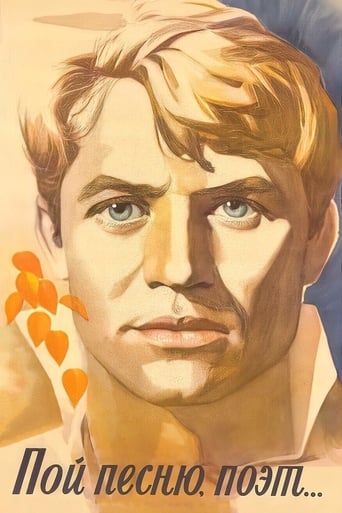
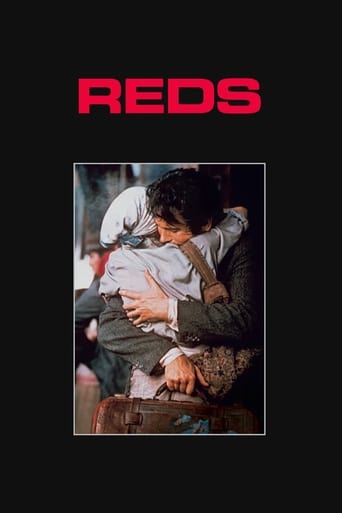
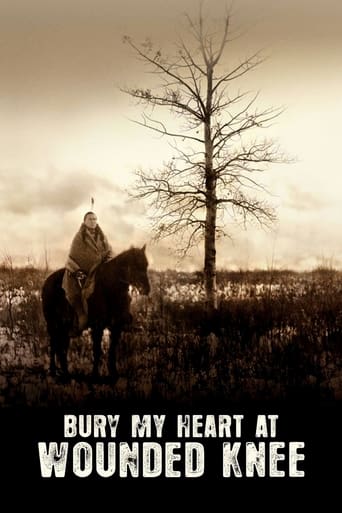


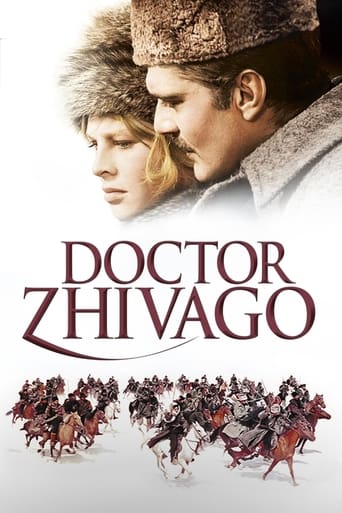
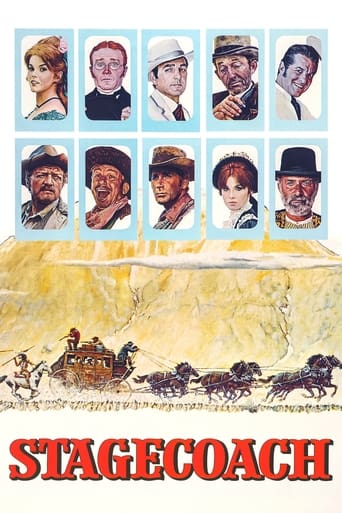

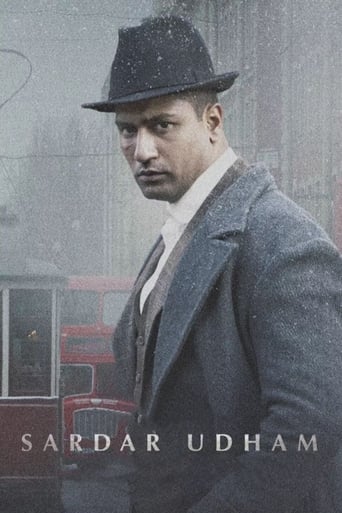

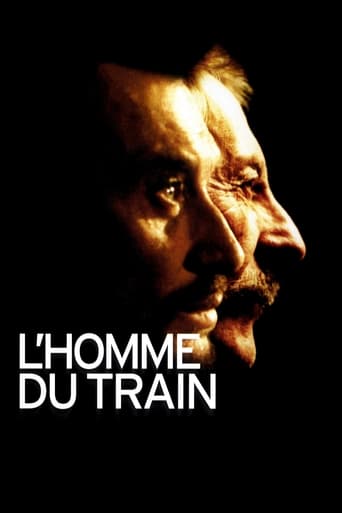
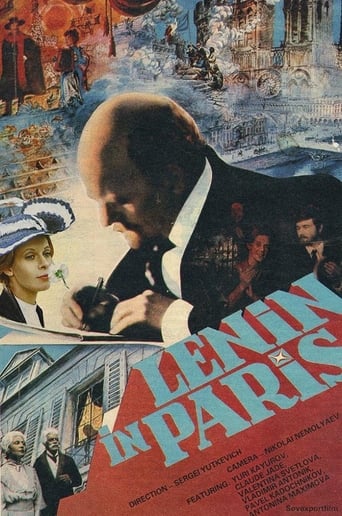






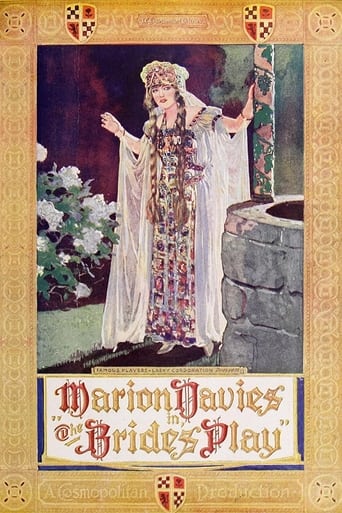












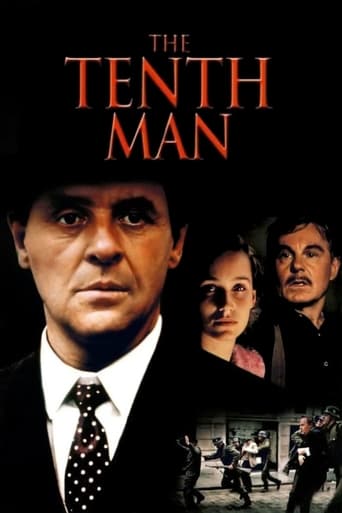
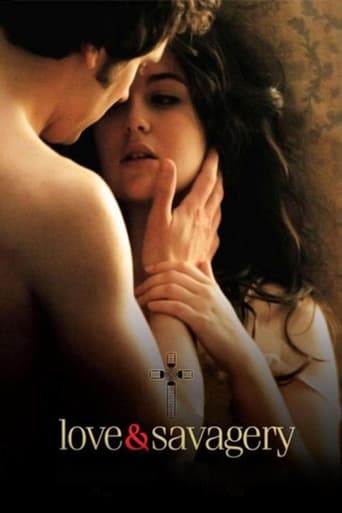



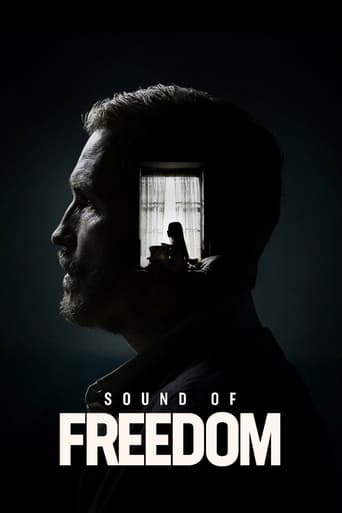
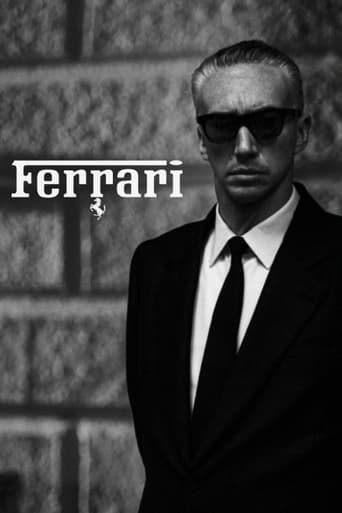
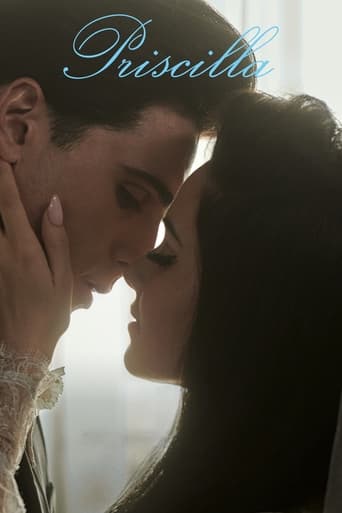
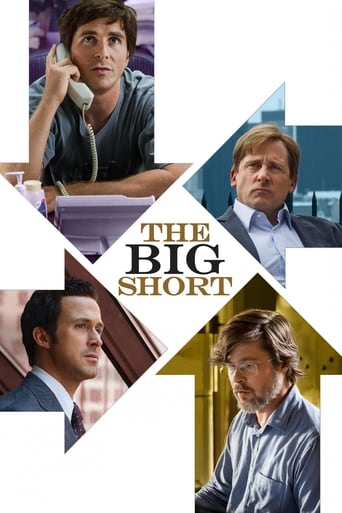
The Village Teacher
A life-long story of a romantic school teacher who left imperial St. Petersburg for teaching country children. Driven by noble intentions to enlighten people and examples by 1880s revolutionary "People's Will" member teachers, a young woman spent her life in a village and evidenced the changes a Russian village has undergone from pre-revolutionary tsarist times to late 1940s.